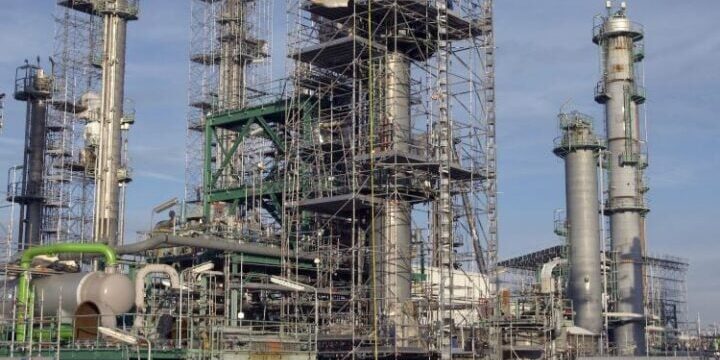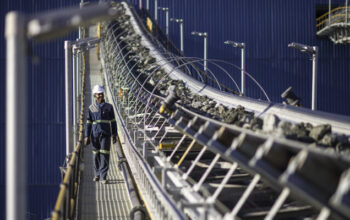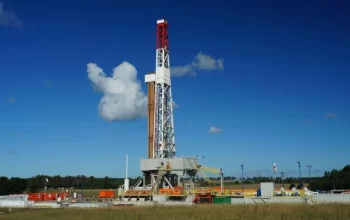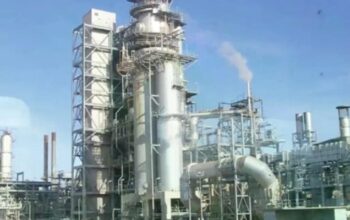NNPC Ltd’s three refinery complexes in Nigeria, currently undergoing extensive turnaround maintenance (TAM), are not expected to meet the diesel sulfur content regulation limit of below 1,500 parts per million (ppm) upon their commissioning.
This exceeds even local regulatory standards for sulfur levels in diesel, reflecting challenges in bringing the government-operated refineries in line with cleaner fuel standards.
The NNPC-operated refineries are located in Port Harcourt, Warri, and Kaduna and have been under rehabilitation since 2021, beginning with the Port Harcourt complex.
However, commissioning issues have delayed the smaller 60,000 barrels-per-day unit of the Port Harcourt refinery.
The larger facility, with a 150,000 barrels-per-day capacity, is expected to be operational in the first quarter of 2025.
According to NNPC sources, the current turnaround maintenance aims to restore the refineries’ original functionality without implementing new technology or process upgrades. As such, the refineries will resume operations without significant sulfur reduction capabilities.
Under the guidelines of Nigeria’s Petroleum Industry Act (PIA) and in line with ECOWAS standards, the Nigerian Midstream & Downstream Petroleum Regulatory Authority (NMDPRA) has permitted local refiners to produce diesel with sulfur content between 650 and 1,200 ppm until December 2024.
However, imported diesel must meet a stricter 650 ppm sulfur cap, with plans to further reduce it to 50 ppm by June 2025.
This regulatory approach aims to incentivize local refining by allowing refiners to offset the high costs of domestic production while encouraging gradual alignment with global emissions standards.
However, achieving these sulfur targets may require further technological investment beyond the current maintenance scope.
![]()




